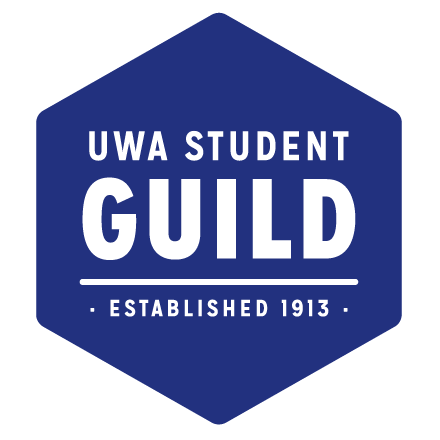If you receive an allegation of misconduct, don’t panic; contact Student Assist. The implications of these charges are significant, and we can help you through the process.
Academic misconduct can include the following;
- Not referencing sources appropriately in assignments
- Taking notes into an exam where they are not permitted
- Copying someone else’s work.
- Helping someone else to cheat by letting them copy your work
- Having unauthorised materials in an exam, regardless of whether or not they are used.
What is plagiarism?
Plagiarism is the presentation of written work, findings or ideas as your own without proper acknowledgement of the original source.
Examples of plagiarism include:
- Copying a published author’s text/arguments without providing an appropriate reference (this includes websites);
- Paraphrasing a published author’s text/arguments without providing an appropriate reference (this includes websites);
- Handing in someone else’s work as your own;
- Submission of work you have already handed in for another course/subject (you read that correctly - you are not allowed to plagiarise yourself!);
- Using someone else’s mathematical/design concepts and neglecting to reference these concepts.
What is collusion?
Collusion is when one student is alleged to have helped another student by allowing them to copy their work. The University regards students who permit their work to be copied as seriously as those who did the copying, and in many cases the penalties for both can be the same.
What about group work, or discussing an assignment with classmates? Is this considered plagiarism or collusion?
Lots of courses use group assessments. Group work is defined as a formally established project to be done by a number of students in common, resulting in a single report/essay or a number of associated reports/essays.
Acceptable collaboration can be defined as any constructive educational and intellectual practice that aims to enhance learning through interaction between students.
Examples of acceptable collaboration include:
- Students discussing general themes and concepts;
- Students discussing the requirements of an assignment.
The difference between appropriate collaboration and unacceptable collusion or plagiarism is that producing the work remains the individual responsibility of the student. Make sure you understand the assessment requirements with group work. Even though you may be required to work collaboratively, you may be required to submit independent reports that are your own work. If you’re not sure, always ask your tutor or lecturer for clarification.
What about exams?
Academic misconduct in exams is where a student is alleged to have sought unfair advantage to which they are not entitled. This can include:
- Taking unauthorised notes into an exam, or unauthorised calculators or formulae on your calculator into an exam;
- Copying the work of another student (with or without their consent);
- Allowing another student to copy from you, or helping them in some way;
- Having someone else sit the exam for you.
If you are suspected of any of the above during the exam, an invigilator may speak to you about it. If you have taken unauthorised materials into the exam, they will be confiscated when seen by an exam invigilator. If you have been confronted by an invigilator, you still have the right to complete the exam and you should attempt to do this to the best of your ability.
New students are required to complete ACE (Academic Conduct Essentials), an online module, in their first semester. If you are still unsure, more information is available from the Plagiarism Portal.
Where there’s been an allegation of academic misconduct, our Student Assist Officers can provide support, attend meetings with you, and advocate on your behalf.
How do I avoid academic misconduct?
- StudySmarter UWA have heaps of useful resources to assist you to avoid academic misconduct, including information sheets, YouTube videos and workshops.
- Plagiarism and group work are the most common forms of academic misconduct. Be sure to make yourself familiar with the ethical scholarship information, and refer to the University’s policy on academic misconduct.
- Visit the Plagiarism Portal.
- Keep copies of your notes and drafts – these will become important in the event that you need to demonstrate that work submitted was your own;
- Learn the difference between paraphrasing and plagiarising;
- When involved in group work, check that you on top of what is a group effort, and where/if you can use any of the group work in individual pieces that you produce;
- Try to develop a way of sharing knowledge with your peers that isn’t just giving people full access to your work. While collaboration is an effective way of working, you still need to demonstrate your own understanding in your own words;
